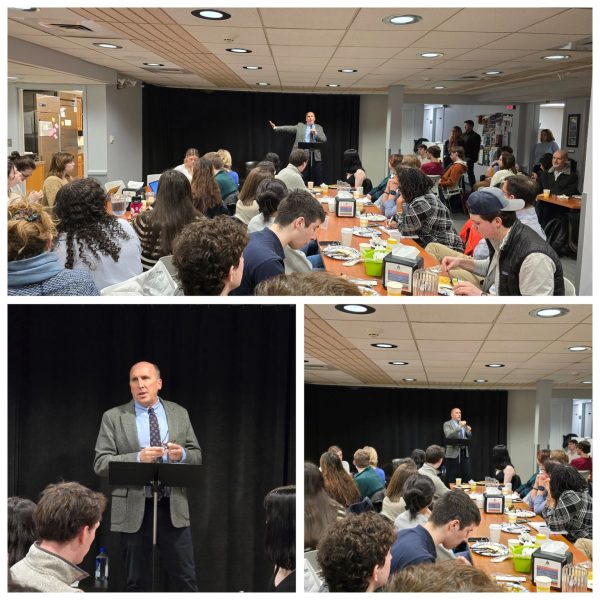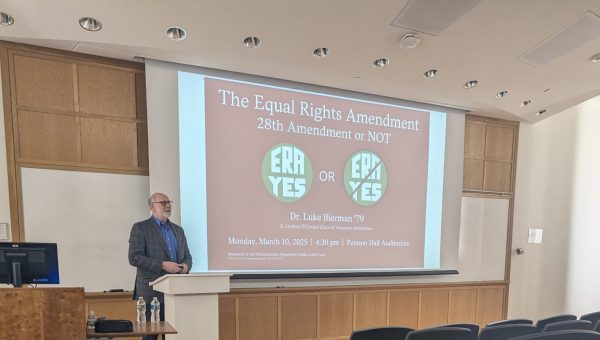London Abroad Study Groups Feel Impact of Queen’s Death
The passing of Queen Elizabeth II on Sept. 8 marked a historic moment for England and the world. While the internet took to debates over the outcry of the queen’s death, with some criticizing the grief expressed over the death of a symbol of imperialism, Colgate students studying in England have experienced a celebration of life that they will not soon forget.
There are multiple Colgate students currently studying abroad across England, including the economics, history and English study groups in London, as well as the psychology group in Manchester, according to the University’s Off-Campus study website.
Kate Swift, a junior participating in the economics study group, expressed the impact of this monumental event on her group’s time in London. Swift explained that although she expected a much more serious atmosphere in the wake of the queen’s death, the city definitely feels different than before.
“Near the palace it’s definitely intense and there are so many flowers and letters and stuff, but overall the rest of the city doesn’t seem too impacted,” Swift said. “They have pictures of [the queen] everywhere around the city, like literally everywhere, that’s probably the most eerie part.”
In addition to the altered atmosphere of the city, Swift expressed that some of the study group’s itinerary was changed due to the passing of the queen. According to Swift, a group trip to Parliament was canceled, and when they went to the University of Oxford, most of the historic buildings were closed to visitors. Additionally, the day of Queen Elizabeth II’s funeral, Sept. 19, is set to be a national holiday so classes and most other events in the city have been canceled.
Economics Department Chair Nicole Simpson, leader of the economics study group, also expressed her thoughts on the impact of the queen’s passing during her time in London.
“The queen’s death of course came as a surprise to most, but given her age, I knew that it was a possibility that it would happen when we were in London. The coverage of her reign and legacy has been on the BBC nearly 24 hours a day since her death,” Simpson said. “We have all learned a lot about her life as a result of the programming.”
Simpson noted the physical changes in the city as a result of the queen’s passing.
“Around the city, there are signs […] thanking the queen and celebrating her life. The River Thames is lit up in purple lights at night,” Simpson said. “The mood is solemn but mostly people want to pay their respects and thank her for her decades of service to the country.”
In addition to these modifications to the city’s atmosphere, Simpson also explained the delays in public transportation, as well as the disruptions to class activities.
“In terms of disruptions, events and activities around London have been canceled or postponed,” Simpson explained. “Local transportation is delayed but still working.”
Sharing a perspective from Colgate’s campus, English resident and first-year Marie Clausen noted that the passing of the queen has been an important and saddening moment for her as an English citizen.
“Her death marks the end of the last Queen of England in our lifetimes which I personally find unfortunate,” Clausen said. “As many other people would agree, she was the one thing that remained constant in people’s lives throughout many historical events, but now she is gone.”
Besides the minor disruptions to the study group’s plans, Simpson expressed the impact this event will have on the Colgate community that is currently in London experiencing this moment in history.
“Being here during this time will be something that we all remember— that we were in London when [the queen] died and the next king was crowned,” Simpson said.

Annabel Morris is a senior from Rumson, NJ concentrating in political science and minoring in Middle East & Islamic studies and anthropology. She has...






